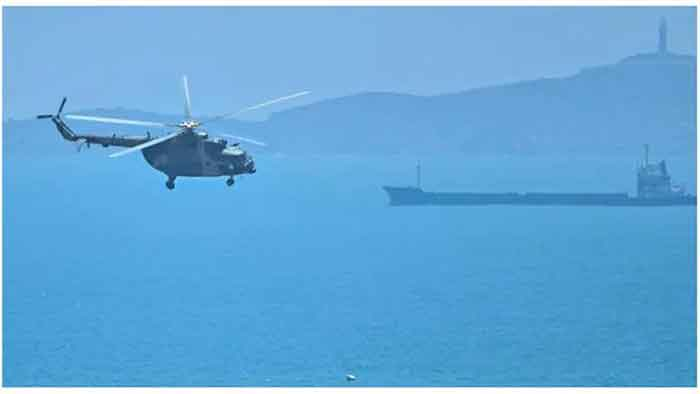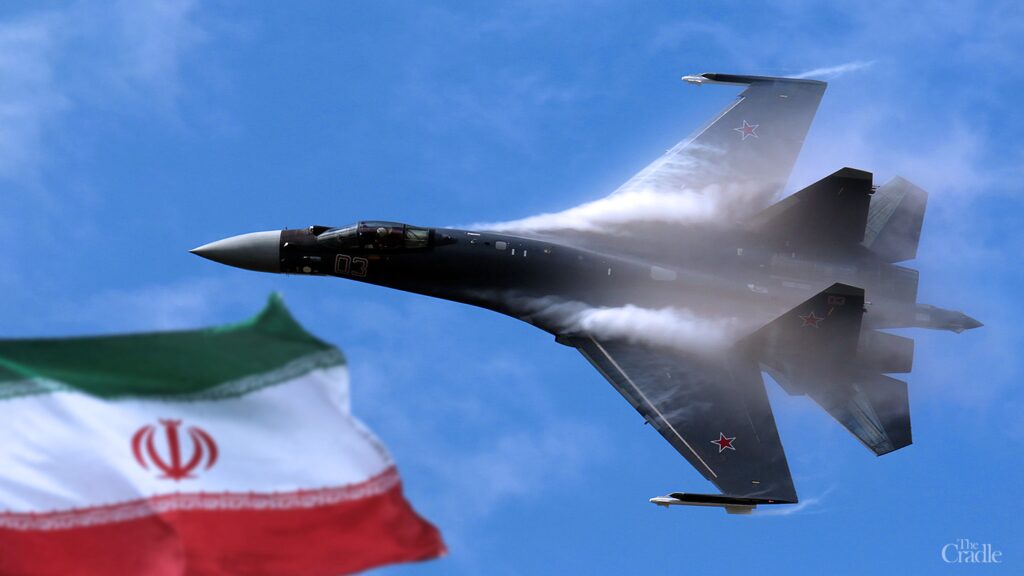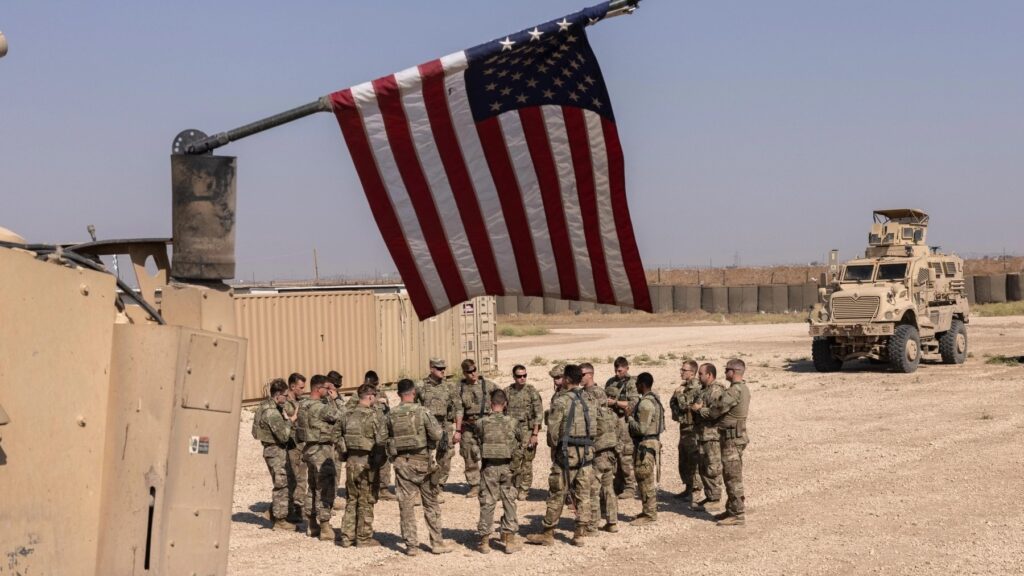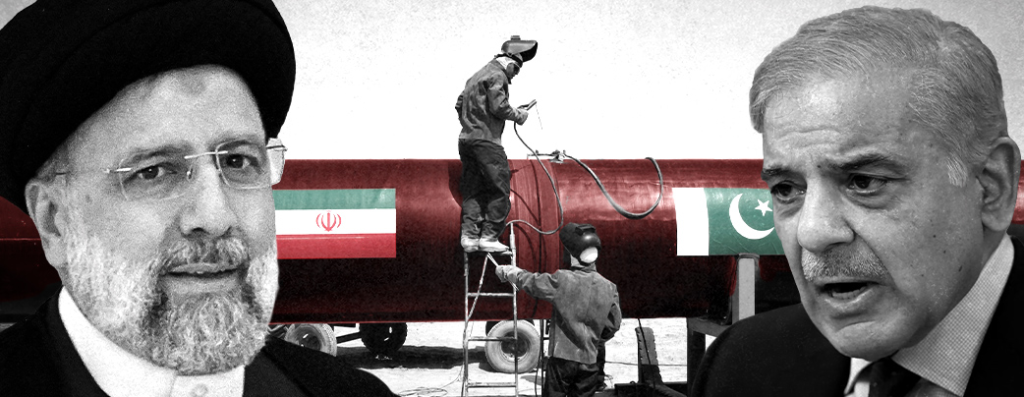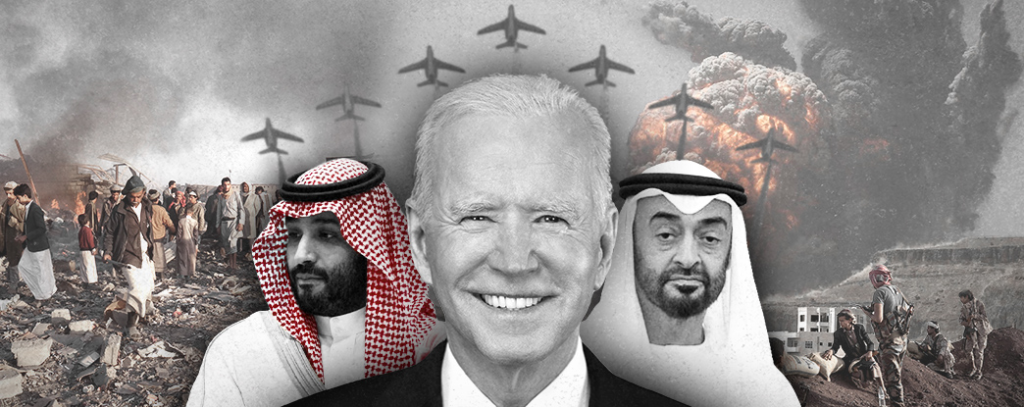What Zelenskyy should know before he talks with Xi
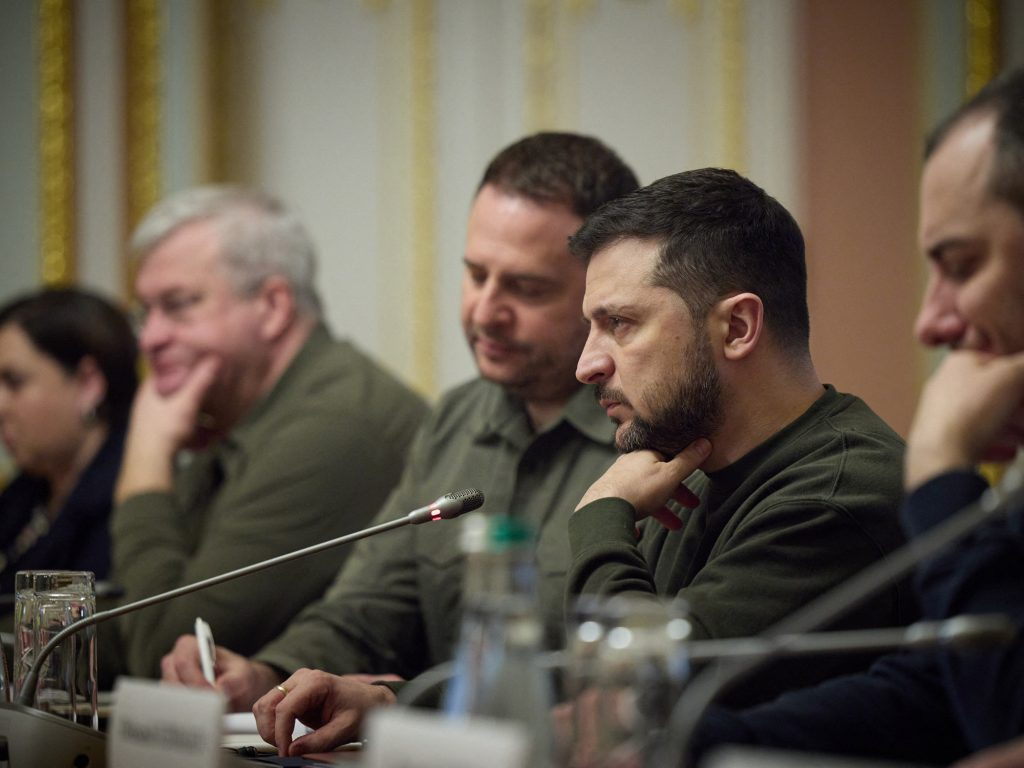
Ukrainian President Volodymyr Zelenskyy may finally get a meeting with Chinese leader Xi Jinping as soon as next week. The expected discussion follows Beijing’s release of a position paper for Ukraine on February 24—the one-year mark of Russia’s full-scale invasion. Zelenskyy, however, should be wary about what Xi truly seeks, namely the mitigation of criticism about Beijing’s role in the conflict and a platform to sell his Global Security Initiative (GSI), for which Beijing released a concept paper just days before releasing its position paper. As such, it is critical that Zelenskyy provide his honest public assessment of Beijing’s peace plan and role in the conflict—otherwise, he risks giving Beijing the perfect cover to refute questions about its alleged neutrality while doing little to ensure an outcome to the crisis that actually works for Ukraine.


